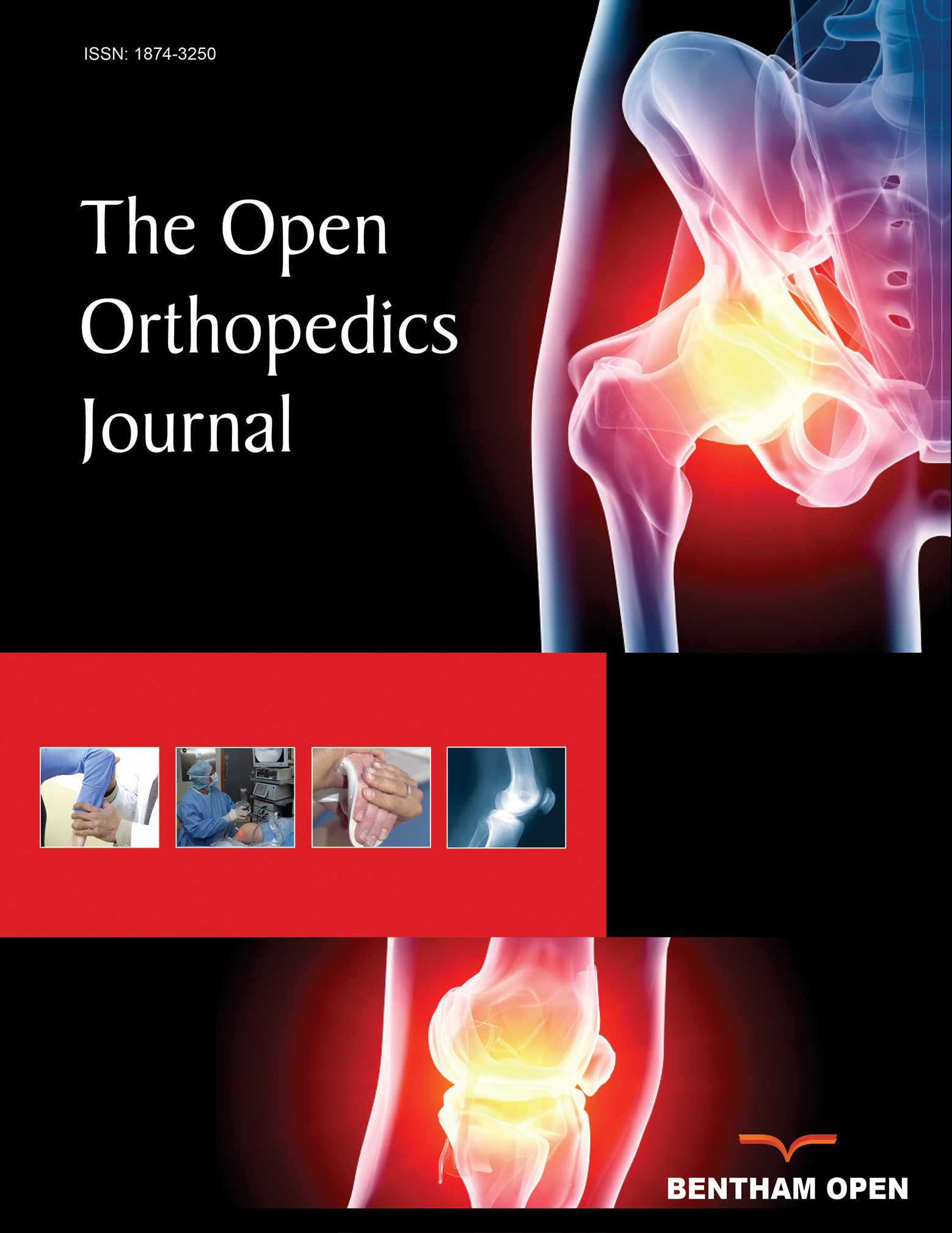All published articles of this journal are available on ScienceDirect.
Ten-Year Results of Primary and Revision Condylar-Constrained Total Knee Arthroplasty in Patients with Severe Coronal Plane Instability
Abstract
Objective :
To retrospectively review the results at minimum ten years after surgery of a consecutive series of total knee arthroplasties (TKAs) performed using a constrained condylar implant in patients with severe coronal plane instability.
Materials and Methods :
The series comprised of 44 patients (45 knees) who received primary (19 knees) or revision (26 knees) TKA with a constrained condylar implant between 2001 and 2003 at a single institution.
Results :
There were no revisions or any other surgery related complications at a mean implantation time of 11.0 years. In 38 patients (15 knees in the primary group and 24 knees in the revision group) who were available for clinico-radiographic follow-up at a minimum of ten years, there was no sign of radiographic loosening. Two patients showed cortical hypertrophy at the extension stem tip but none complained of pain around the stem tip.
According to the TLKSS score grading, 73% of the patients in the primary group had results categorized as good or excellent, while 54% of the patients in the revision group had fair results. Four patients (one (7%) in the primary group and three (13%) in the revision group) had poor results. The median WOMAC Index was 80.2% (interquartile range: 74.0% - 81.2%) and 74.0% (interquartile range: 72.1% - 75.8%) in the primary and in the revision groups, respectively (p=0.010).
Conclusion :
This study showed satisfactory clinical outcomes with no re-operations at minimum ten years after implantation in patients who had undergone primary or revision TKA with a condylar constrained implant.


